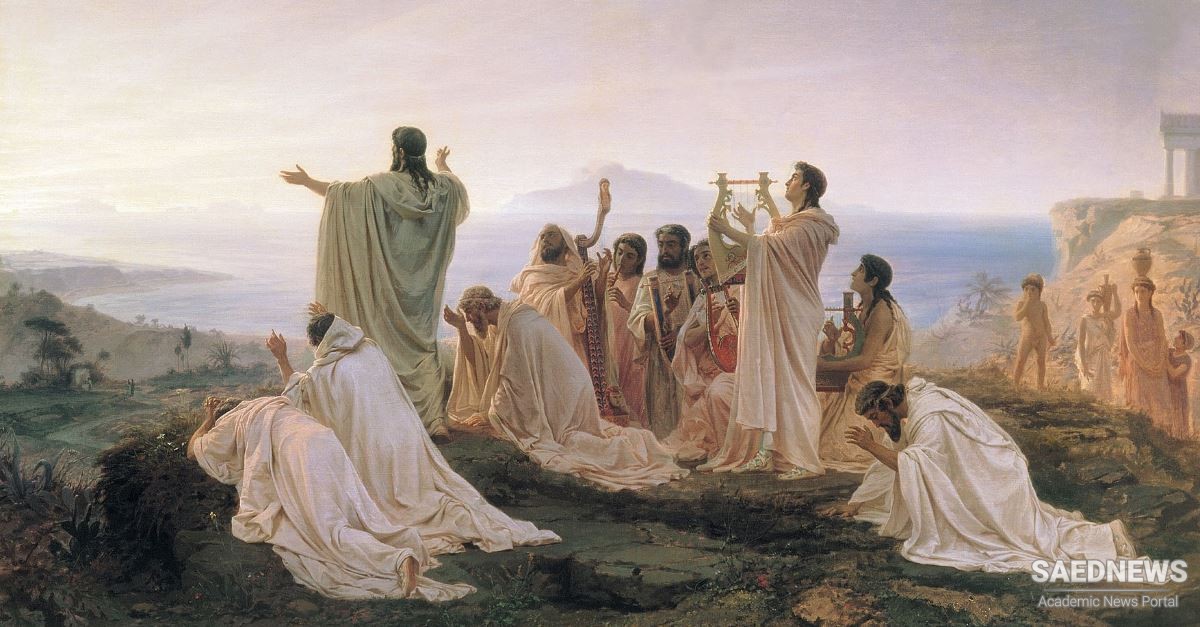Millennialism and other forms of apocalyptic calendaric hence appear to be inherent to all Middle Eastern religions. It may be argued that they are far more essential for continuity of the sacred and its perpetual renewal than our modern utilitarian notion of linear time and the concept of progress. Time cycles thus may be seen as regulatory means of placing utopian and eschatological aspirations, and whatever is associated with the Beginning and the End, within a humanly conceivable time frame. Those who sifted through the sacred text for evidence of the End, labored over the esoteric methods of discovering the encoded message, and subjected themselves and their followers to a rigorous course of abstinence, penitence, and social exclusion, viewed the certainty of such calendaric calculations as indispensable and indisputable. For them the millennial turn (and other forms of calendaric cycles) had a momentary urgency and the potential to actualize apocalyptic aspirations. These individuals and communities, by taking upon themselves the divine charge of bringing closer the hour of the End, attempt to fulfill the conditions scripted in the text. In a millennial momentum, common to all apocalyptic trends, a crucial shift occurs from dormant aspiration to keen ambition. This turning point invariably pertains to crossing a psychological barrier, one which divides adherence to the established belief system from an experience of rebirth and in turn discovering a communal identity with likeminded individuals.


 Middle East and Evolution of Islamic Religion
Middle East and Evolution of Islamic Religion














































